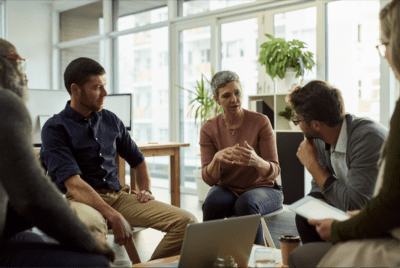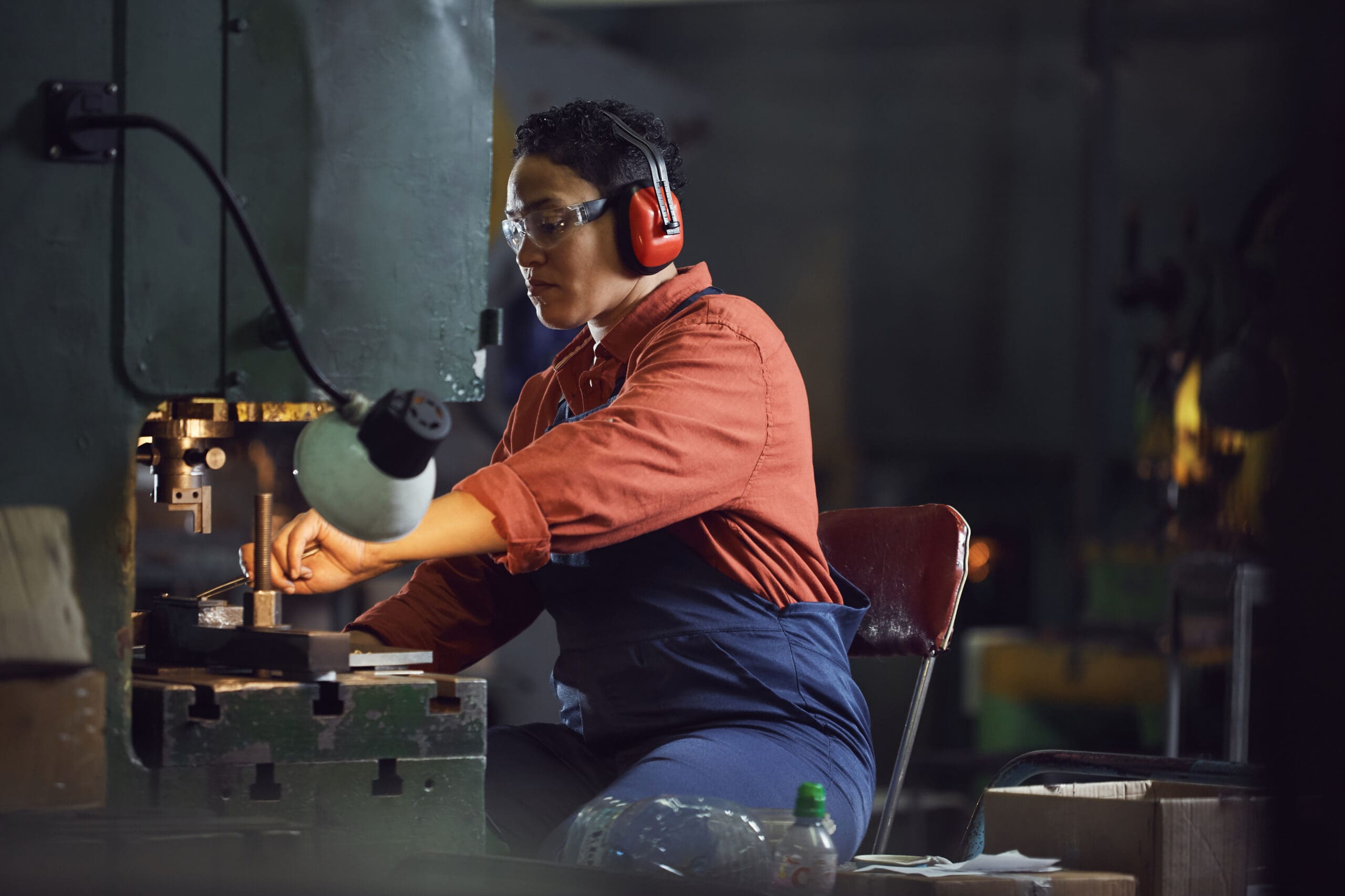In some cases, the requirements of the Grand Challenge itself put up barriers that were difficult to overcome.
For example, the fast pace and ambitious scale of the Challenge demanded a less personal approach to participant recruitment and led to workforce boards relying on mass marketing engagements. The Michigan Works consortium (West Michigan Works, Michigan Works Southwest, and Michigan Works Berrien-Cass-Van Buren) was able to set up interviews with local television and radio stations and thereby reached a higher number of potential learners than it could normally. However, this approach did not result in the volume of people Michigan Works was hoping to see. Hampton Roads, which used both paid and earned media, experienced a low return on its investment. Staff at both the Michigan Works consortium and Hampton Roads noted that a mass marketing approach, while encouraged by the design of the Grand Challenge, yielded less success than more time-intensive, personal outreach strategies, such as holding one-on-one conversations with career coaches, working with local referral and social services partners, distributing flyers to local gathering places such as barbershops and cafes, and knocking on doors.
An emphasis on reaching a high volume of people also limited the ability of workforce boards to offer the social supports and other services that can lead to higher program retention and graduation rates. Typically, a workforce board will enroll jobseekers into programs funded by federal sources such as WIOA or TANF that can provide funding for career coaching and additional social services. However, enrollment requires processing time and the ability to meet specific eligibility requirements, a major challenge when trying to recruit hundreds of jobseekers in a short time frame. Some workforce boards were able to co-enroll jobseekers in federally-funded programs, either prior to enrollment or once they were enrolled in the training.
In Hartford, Connecticut, Capital Workforce Partners prescreened its jobseekers for WIOA eligibility, ensuring that all of them could receive additional services. While this was a successful approach in Connecticut, it limited the pool of potential jobseekers, which varied depending on the size, socioeconomic profile, and labor market of the participating region.
While there were many lessons learned during the Future of Work Grand Challenge, one of the most consequential, in terms of meeting the Grand Challenge’s goals, was that workforce boards and employers need to connect with people on a personal level and build strong individual relationships. Workforce boards that are successful in understanding and responding to human needs faster and more holistically tend to be better positioned to drive the economic recovery and mobility in their communities.
The future of work will be tech-enabled, it will be data-driven, it will require risk-taking, but above all, people will be doing the work, and people will need to come first.














